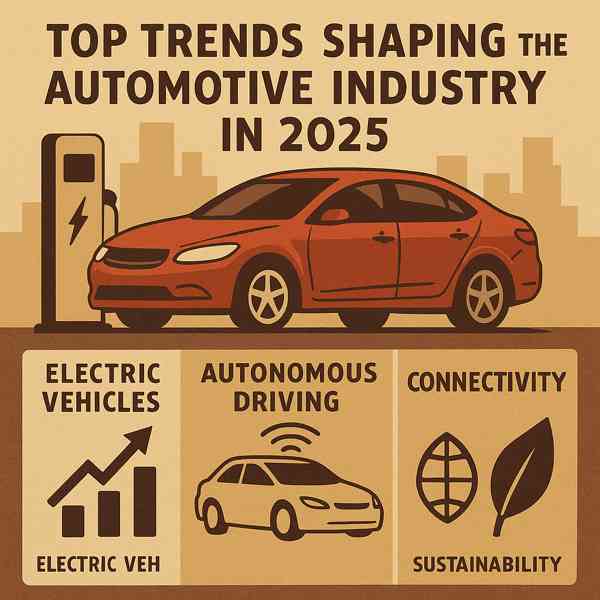
Electric vehicles (EVs) are transforming the way we think about transportation.
As battery technology improves and infrastructure expands, owning an electric vehicle has never been more accessible.
The Basics of Electric Vehicles
Electric vehicles are powered entirely by stored electricity, rather than traditional internal combustion engines.
What powers EVs:
- Replaces the internal combustion engine
- Stores the electrical energy
- Manages energy flow from battery to motor
- Connects to home or public chargers
Electric vehicles come in various types, such as plug-in hybrids (PHEVs)—each with different levels of electrification.
Why Choose an EV?
Whether you're looking to save money or reduce emissions, EVs offer a compelling option.
Why EVs are gaining popularity:
- Lower operating costs
- Helps fight climate change
- Better overall driving comfort
- Financial perks for EV buyers
For eco-conscious and cost-aware drivers, electric vehicles are an increasingly smart choice.
What to Know Before Buying an EV
Understanding the limitations of electric vehicles will help you make an informed decision.
Potential drawbacks to keep in mind:
- Limited driving range
- Not all areas have adequate public chargers
- Higher initial cost
- Replacement can be costly without warranty
As technology advances and infrastructure improves, many of these challenges are becoming easier to manage.
Types of Electric Vehicles
Not all electric vehicles are the same.
Categories of electric vehicles:
- Battery Electric Vehicles (BEVs)
- Can switch between electric and fuel power
- Hybrid Electric Vehicles (HEVs)
- Emit only water vapor
Each type has its pros and cons, so buyers should understand the differences.
Understanding Charging Options
Charging an electric vehicle is convenient once you understand your options.
Main EV charging options include:
- Standard household outlet
- Faster and ideal for daily use
- Rapid chargers at commercial locations
- Still in development or premium models
As public charging networks expand, EV owners will enjoy even more freedom, flexibility, and convenience.
Where the EV Market Is Heading
As governments push for cleaner energy and manufacturers invest in innovation, the future of EVs looks unavoidable.
Next-generation EV developments:
- Solid-state battery technology
- Using EVs to support the power grid
- The future of hands-free travel
- Making EVs accessible to all drivers
As get more info innovation continues, EVs will become more efficient, affordable, and widespread.
Final Thoughts on Electric Vehicles
With growing demand and continuous improvement, EVs are becoming a realistic option for more drivers every day.
The future is electric—are you ready to plug in?